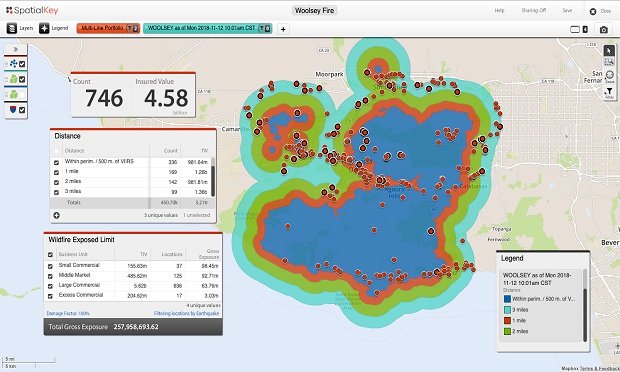Matt Josefowicz over at Novarica had aninteresting blog lastweek that examined three issues that he feels will have a hugeeffect on the insurance industry over the course of the nextdecade.
|The three points are:
|Using third-party data rather than the information an insurerspends time collecting itself to make underwriting decisions.
|The continuing debate on the future of insurance agents
|Now that the federal government has mandated profit margin capsfor health insurers will it turn its sites on the P&C and lifesides?
|I don't want to steal all of Matt's thoughts—just some—but Iwanted to share some thoughts on the underwriting issue.
|An article in the Wall Street Journal in Novemberreports on a pilot project conducted by Deloitte Consulting for theU.S. arm of the life insurer Aviva that tested the insurer'sability to underwrite 60,000 policies using commercially-availabledata.
|The crux of the matter is life insurers—and no doubt those onthe property/casualty side as well—can learn more than enoughinformation about potential policyholders by what they can gatherthrough the policy applicants' shopping habits and social mediapostings, presumably at a faster pace and with less expense.
|For those who follow the "my life is an open book" policy thiscould result in some interesting facts turning up that applicantsmight not ordinarily be willing to share with their insurer orwhich blood tests don't always disclose.
|For example, the article points out that some life insuranceapplicants might not be willing to disclose cancer histories intheir families, but they are regular contributors and/orparticipants in cancer-related activities and organizations.
|The point here is privacy is a thing of the past andbusinesses—specifically insurance carriers—are smart to takeadvantage of it.
|I'm not sure how P&C carriers can use analytics to turnthird-party data into good underwriting, but those companies thatdon't at least search for new ways to do things are wastingopportunities. We're an information-rich society and with more ofus willing to share that information than ever before there has tobe some useful advantages to be seized from it. It's just a matterof time.
|* * *
|Still another reason why you should be involvedin social networking: The pope has given his imprimatur to today's communication technology.
|He does make a good point, though. In a message for the CatholicChurch's World Day of Communications he said:
|"It is important always to remember that virtual contact cannotand must not take the place of direct human contact with people atevery level of our lives."
|Alas, the pope doesn't have a Facebook page yet, but he's sureto have lots of friends once he does.
Want to continue reading?
Become a Free PropertyCasualty360 Digital Reader
Your access to unlimited PropertyCasualty360 content isn’t changing.
Once you are an ALM digital member, you’ll receive:
- All PropertyCasualty360.com news coverage, best practices, and in-depth analysis.
- Educational webcasts, resources from industry leaders, and informative newsletters.
- Other award-winning websites including BenefitsPRO.com and ThinkAdvisor.com.
Already have an account? Sign In
© 2024 ALM Global, LLC, All Rights Reserved. Request academic re-use from www.copyright.com. All other uses, submit a request to [email protected]. For more information visit Asset & Logo Licensing.








